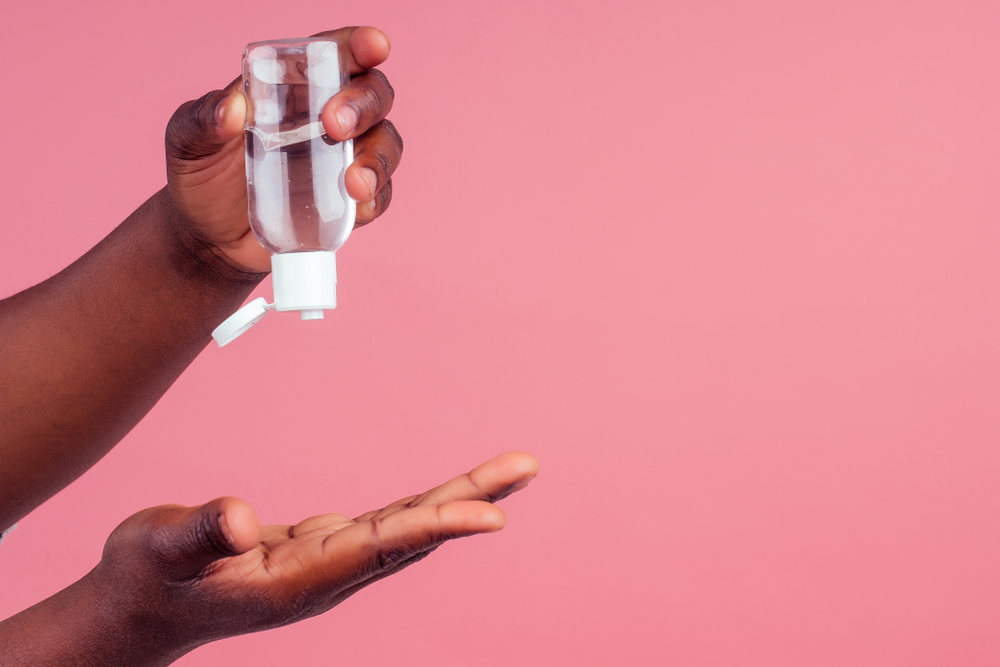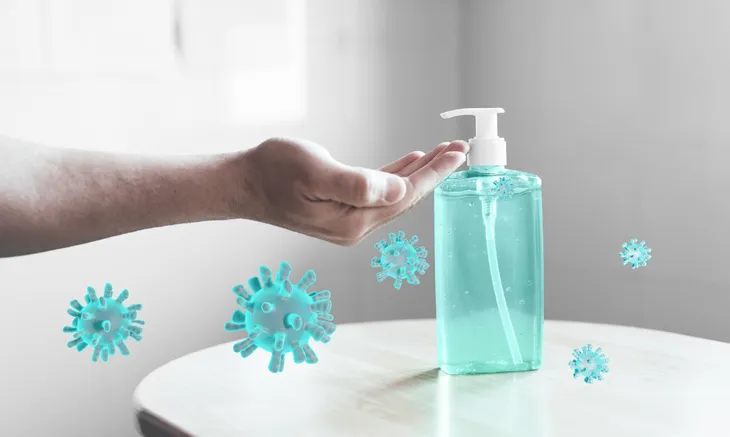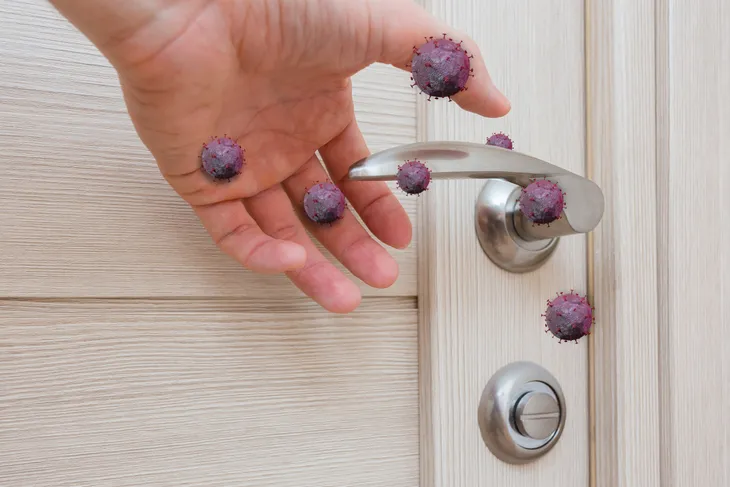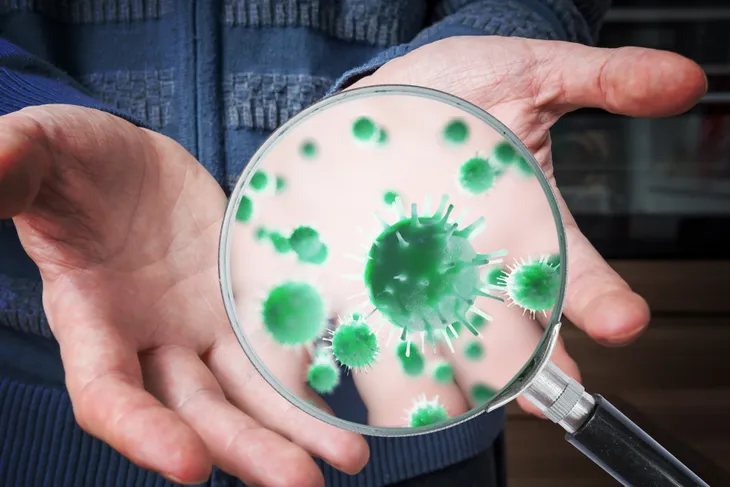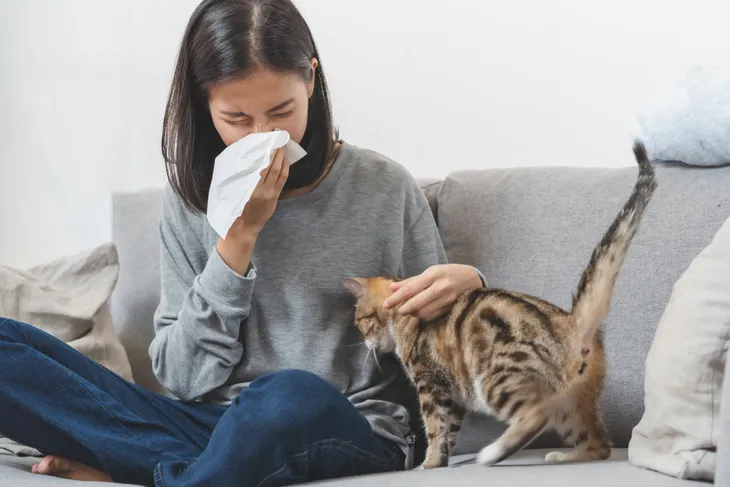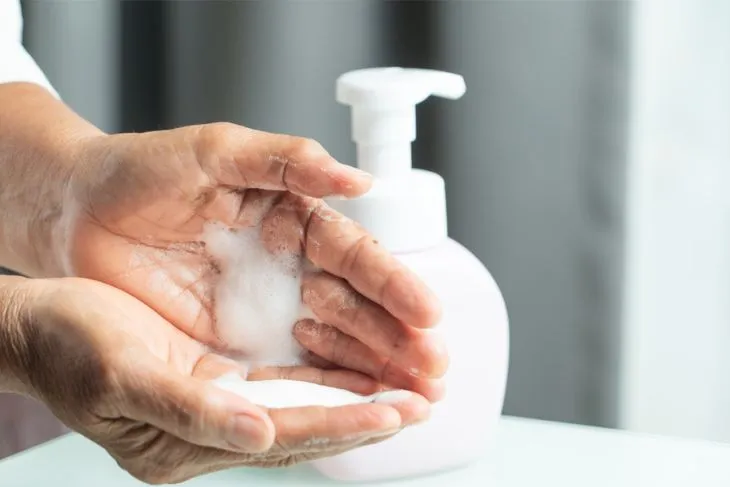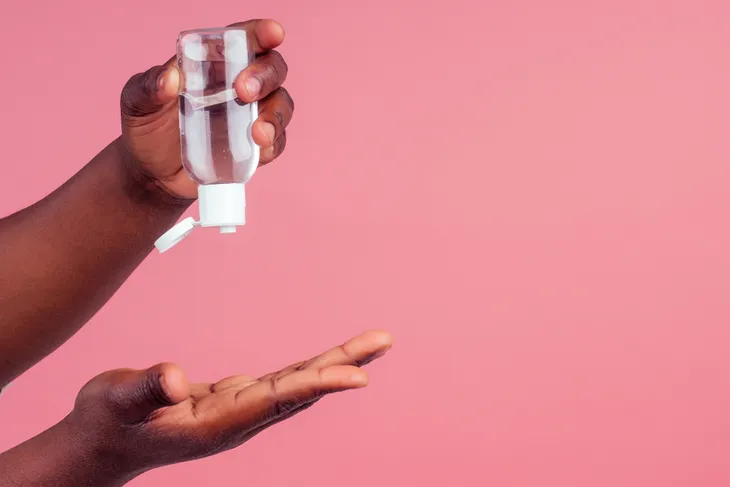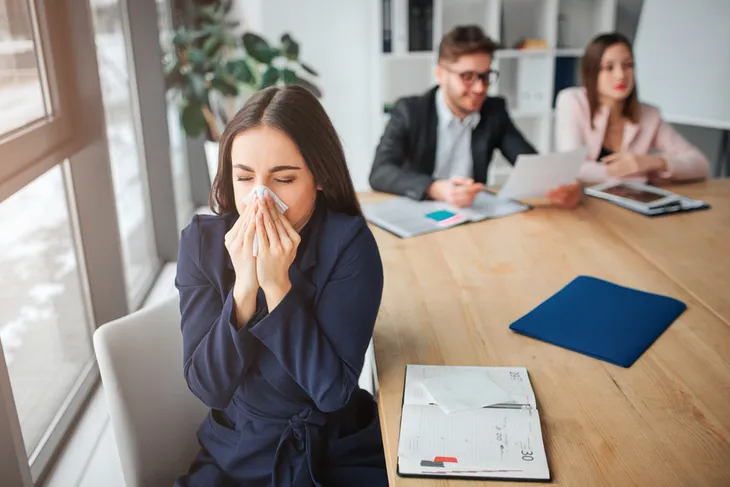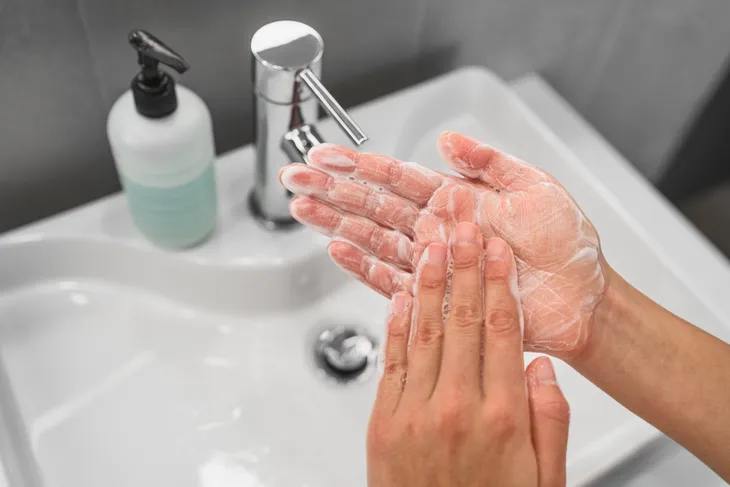Antibacterial soaps and cleansers are available just about everywhere these days. While antibacterial products have been used in medical offices and hospitals for a long time, the past few years has seen a huge increase in their use at home, in schools, and in offices. But the benefit of using antibacterial products isn’t clear because manufacturers haven’t had to prove their safety and ability to wash away bacteria better than regular soap and water.
With consumer demand, antibacterial products are a huge market. Scare campaigns about germs and their danger has led to arguably an overuse of the products. And unfortunately, the dangers of antibacterial soaps and cleansers are not well-known, putting consumer health at risk. So check out the following dangers of antibacterial soaps and cleansers, and reconsider the products you use.
Healthy Bacteria Is Killed, Too
Antibacterial soaps and cleansers are designed to kill bacteria that isn’t good for your body before it reaches unsafe levels. But these antibacterial products also kill the good bacteria – bacteria that can help prevent other bacteria from spreading and that helps you build a natural resistance to bad bacteria. Killing 99.9% of germs, something that many antibacterial product manufacturers use as their main selling feature, is deceiving when some of those germs help strengthen your immune system. So it’s hard to say these cleansers are good for you when they get rid of the good stuff too.
Antibiotic-Resistant Bacteria On the Rise
Recent research about the effect antibacterial soaps and cleansers have shows some alarming connections to new superbugs that we’re unable to protect ourselves against. With antibacterial products stripping away all germs, even the good germs, we don’t naturally build resistance to new bacteria. This results in the possibility of new bugs threatening our health because our body is unable to fight them off. Many experts believe antibacterial products open the door for new types of bacteria to emerge that are resistant to certain medications, specifically antibiotics. These new superbugs are a danger to public health.
Possible Hormone Imbalances
With the antibacterial product market being as vast as it is, more research has been done recently that studies the effect these products may have on hormones. A lot of tests have been done on animals and the results are alarming – triclosan, an ingredient in many antibacterial products, has proven to be an endocrine disruptor. The endocrine system produces and releases hormones and other products into your bloodstream. The disruption that triclosan has on animals affects estrogen, testosterone and thyroid levels. Experts believe women and children are most at risk for potential hormone imbalances from antibacterial products.
Linked to Increased Allergies
One of the main reasons parents use antibacterial products is to protect their children. Advertising campaigns have been effective in making parents worry about the germs and bacteria their kids come in contact with, leading parents to equip themselves with several types of antibacterial products. But you may be doing more harm than good – triclosan has been linked to causing increased allergies in children. How? The reduced exposure to bacteria can affect the development of a child’s immune system, making them more susceptible to certain allergies. Regularly using antibacterials soaps and cleansers may in fact do the opposite of protecting your children.
Not Supported By the FDA
The U.S. Food and Drug Administration (FDA) has a pretty negative stance on antibacterial soaps and cleansers, and has introduced new regulations that will require companies to prove their product is better for you than regular soap. The regulations also state antibacterial products can’t include triclosan in the formula, a common ingredient that has been under scrutiny for the harmful effects it may have. What’s scary is that there currently isn’t any regulation in place that require companies to prove its benefits and safety. These regulations hope to address this issue and companies will have to abide by these regulations by 2016.
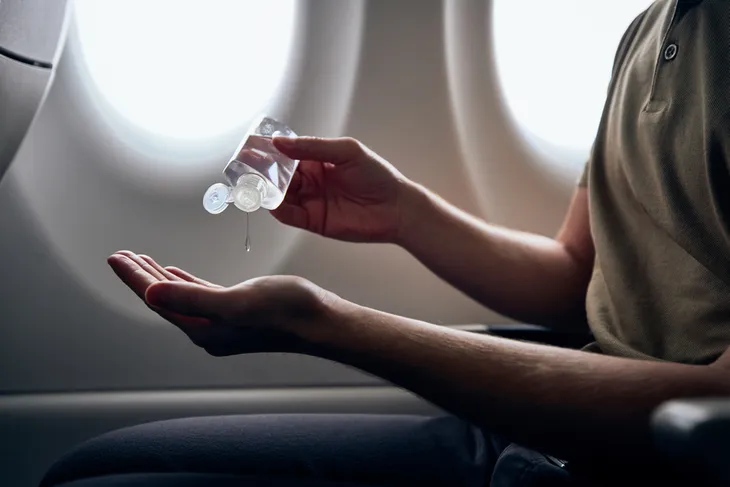 Shutterstock/Jaromir Chalabala
Shutterstock/Jaromir ChalabalaHarmful to the Environment
There are many questions and safety concerns about the impact triclosan – an ingredient found in a significant portion of antibacterial soaps available – has on your body. But the dangers of antibacterial products don’t just relate to the potential implications on people. Research has shown that triclosan also has a negative impact on the environment. With the amount of people regularly using antibacterial hand and body wash, the water you rinse these products off with becomes contaminated in a way. Not all sewage treatments are able to rid the water of triclosan, so small amounts get into streams and lakes, causing a disruption in algae growth.
Triclosan Used In Pesticides
The FDA and Environmental Protection Agency (EPA) are collaborating on regulatory issues related to triclosan. It’s found in many brands of toothpaste, mouthwash, hand and body wash, as well as baby products. And the danger shouldn’t be ignored, especially since the EPA regulates triclosan in the use of pesticides. That’s right – you could be brushing your teeth and covering your body with a chemical that the EPA is reviewing its use of in pesticides. The chemical is absorbed through the skin and mouth much more easily than originally thought, and it makes you wonder why we would chance the possible health risks and environmental damage associated with the chemical.
They Don’t Prevent Illness
It’s a common misconception that antibacterial soaps and cleansers prevent you from getting sick, when many colds and strains of the flu are viral in nature and can’t be treated with antibiotics – or avoided by using antibacterial soaps. In fact, you may be preventing your immune system from developing resistance to bacterial infections by not allowing your body to be exposed to them and naturally protect against infections. Advertisements falsely imply that all germs need to be killed to prevent spreading illness, when a significant amount of colds and strains of the flu are viral in nature and cannot be killed.
They’re No Safer Than Soap and Water
On top of all of the dangers associated with using antibacterial soaps and cleansers regularly, there’s also the simple but true fact that they’re no safer for you than soap and water. No company has actually proven and then directly advertised its benefits over the standard hand and body washing techniques because they haven’t had to. And if experts are right, they won’t be able to prove it. Next time you’re tempted to buy the latest and greatest item that kills 99.9% of germs and bacteria, consider giving soap a try. It’ll be safer for your health and keep money in your pocket.
